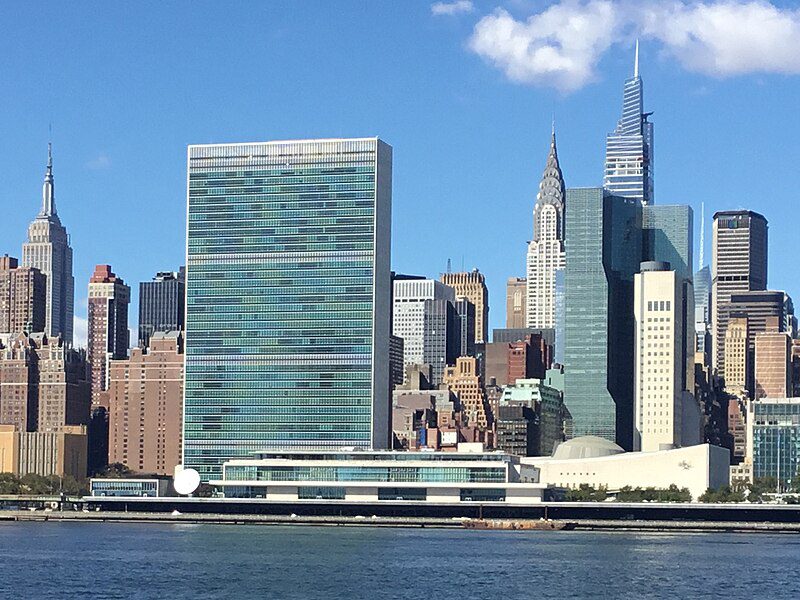Although the meeting took place behind closed doors in New York, the Chinese Ambassador, Zhang Jun, spoke to reporters outside the chamber following deliberations, urging both India and Pakistan to “refrain from taking any unilateral action which might further aggravate” what was an already “tense and very dangerous” situation, .
The Indian-administered part of the majority-Muslim region, known as Jammu and Kashmir had its special status within the constitution revoked by the Indian Government on 5 August, placing it under tighter central control. Pakistan has argued that the move violates international law, says UN Department of Operational Support quoting a UN media release.
The UN has long maintained an institutional presence in the contested area, which both countries claim in its entirety, with the areas under separate administration, divided by a so-called Line of Control. The UN Military Observer Group in Indian and Pakistan (UNMOGIP) observes and reports on any ceasefire violations.
In a statement issued on 8 August , UN Secretary -General Antonio Guterres said he had been following the situation in Jammu and Kashmir “with concern”, making an appeal for “maximum restraint”.
“The position of the United Nations on this region is governed by the Charter…and applicable Security Council resolutions”, said the statement. “The Secretary-General also recalls the 1972 Agreement on bilateral relations between India and Pakistan also known as the Simla Agreement, which states that the final status of Jammu and Kashmir is to be settled by peaceful means”, in accordance with the UN Charter.
Ambassador Zhang said Council members had “expressed their serious concern” concerning the current situation in Jammu and Kashmir…The Kashmir issue should be resolved properly through peaceful means, in accordance with the UN Charter, the relevant Security Council resolutions and bilateral agreements.”
Pakistan requested the Security Council meeting on 13 August, and it was subsequently called for by Permanent Member, China.
Apart from the five veto-wielding permanent members — China, France, Russia, UK and the US — the 10 non-permanent members in the Council are Algeria, Denmark, Greece, Guyana, Pakistan, Panama, South Korea, Sierra Leone, Slovenia and Somalia. Greece holds the presidency of the body for the month of May.
When asked about the Pahalgam attack and resulting India-Pakistan tensions, Permanent Representative of Greece to the United Nations and President of the Security Council for the month Ambassador Evangelos Sekeris had earlier remarked, “This is a position of principle. We condemn terrorism in all its forms, everywhere it is happening. On the other hand, we are concerned about this tension which is mounting in the region.”
India had suspended the Indus Waters Treaty, citing “sustained cross-border terrorism” from Pakistan after terror links to the neighbouring country emerged in the Pahalgam attack.
A week ago, India also warned the UN over Pakistan misusing and undermining the global forum to “indulge in propaganda and make baseless allegations against India.” India has also reached out to eight non-permanent member nations of the Security Council as part of its diplomatic offensive.
Denying responsibility for the attack in Jammu and Kashmir, Pakistan had called for a “neutral investigation”. Last week, Pakistan’s Permanent Representative to the United Nations Ambassador Asim Iftikhar Ahmad had said that his country has the right to convene a UN meeting when we feel appropriate.
“Here it is evident that there was an incident but now what has evolved in terms of the situation which is a real threat to regional and international peace and security, and we believe that the Security Council, in fact, has the mandate, and it would be very legitimate for any member of the Council, including Pakistan, to request a meeting,” Ahmad had said.
In response, Pakistan shut its airspace to all Indian airlines and suspended trade with New Delhi, including through third countries. It also rejected India’s suspension of the Indus Waters Treaty and said any measures to stop the flow of water to Pakistan under the pact would be seen as an “act of war”.


